Delta 11 vs. Delta 8

Delta here, Delta there, it seems wherever you turn, the term “Delta” has taken the cannabis industry by storm. If you’ve heard the word but are wondering what exactly it means, you’ve come to the right place.
From Delta 8 to Delta 9 to Delta 10 to Delta 11, there’s an increased understanding of how these cannabinoids can provide unique and personalized cannabis experiences for those curious, whether you’re a seasoned professional or a weed newbie.
Let’s dive into the Deltas, specifically Delta 8 and Delta 11.
Key Takeaways
- Delta 11 and Delta 8 are isomers of THC, making them chemical cousins.
- Delta 8’s effects are milder, while Delta 11 packs an intense psychoactive punch.
- Both Delta 11 and Delta 8 are legal on a federal level due to the 2018 Farm Bill.
- Some states may have updated local laws to make minor cannabinoids like Delta 8 and Delta 11 illegal.
- Mellow Fellow carries lines of high-quality, premium, and effective Delta 8 and Delta 11 products.
What is Delta 11 THC?
Delta 11 THC is a cannabinoid that’s been shrouded in mystery, but with new advancements in the cannabis industry, it’s starting to hoard the spotlight.
Delta-11-tetrahydrocannabinol is an isomer of Delta 9 THC, meaning it shares the same chemical formula but has some structural differences. Small differences in THC give way to variants like Delta 8, Delta 10, and Delta 11.
What sets Delta 11 apart is its possible high-intensity psychoactive effects. While science still needs to confirm, it’s said to be three times more potent than regular Delta 9 THC.
The specific effects of Delta 11 are said to be similar to Delta 9, with an added boost of intensity. Potential benefits like mood enhancement, stress relief, and sleep aid are often cited by those who explore Delta 11.
Still, it’s important to remember that it can also carry some of the same negative effects: paranoia, dry eyes and mouth, and heightened anxiety, to name a few. Delta 8, although a chemical cousin of Delta 11, sets itself apart.
Understanding Delta 8 THC
Like Delta 11, Delta 8 is another isomer of THC. This means that they share a chemical structure, although a slight difference in atom chain bonds makes the effects of Delta 8 less intense and potent than other THC isomers like Delta 9.
While Delta 11 is said to be stronger than Delta 9, Delta 8 is thought to be only half as intense.
For those seeking a cannabis experience that feels more clear-headed and grounded, Delta 8 has become a safe haven. With effects like gentle euphoria and mellow relaxation without overwhelming intensity, Delta 8 has become a fan favorite nationwide, leading to a rise in popularity.
Delta 11 vs. Delta 8: A Comparative Analysis
While Delta 8 and Delta 11 share the same family, their specific uses and benefits vary from person to person. If you’re looking for a robust and intense cannabis experience, Delta 11 is the most compelling choice, with profound psychoactivity that can help surge creativity, introspection, and elevate energy levels and overall mood.
While the intensity might pique the interest of people with high tolerance levels, Delta 8 is the option for those seeking the contrary.
Delta 8’s relative mellowness offers a more balanced cannabis experience, often described as providing soft, euphoric feelings and relaxation without sedation, all while keeping a clear mind.
For those who want to explore the effects of cannabis without committing to overwhelming psychoactivity, Delta 8 is a standout option.
Potency
Delta 8 THC is half as intense as Delta 9 THC, while Delta 11 is believed to be up to 3 times stronger than Delta 9.
Effects
Delta 8 delivers a gentle euphoria, relaxation, balanced effects, and clear-headedness. Delta 11 offers a more cerebral set of effects characterized by heightened creativity, stress relief, euphoria, and a boost in energy.
Legality
Both are federally legal according to the 2018 Farm Bill. However, some states have created laws that ban them specifically. Delta 8 is banned in Arizona, Colorado, Nevada, New York, Oregon, and Washington, and Delta 11 is illegal in Alaska, Arizona, Arkansas, Delaware, Idaho, Iowa, Mississippi, Montana, and Nebraska.
User Experience
Delta 8 THC can cater to a broad spectrum of users due to its mild and controlled effects. In contrast, Delta 11 THC caters to those seeking intense THC experiences with potent and lasting effects.
Therapeutic Benefits: Delta 11 vs Delta 8
Both Delta 8 and Delta 11 isomers need to be further researched to reach conclusions about the potential therapeutic benefits. Still, people are already turning to these cannabinoids to help manage symptoms of a variety of ailments, mental and physical.
Limited research has shown that Delta 11 shows promise in aiding those suffering from mental health concerns like mood disorders, with some experts siding with the fact that intense psychoactive experiences offer up new therapeutic avenues. Keep in mind that further research must be done, and it’s always best to talk to a medical professional about using cannabis as a therapeutic aid.
Delta 8’s milder effects make it a versatile option for those seeking to escape stress, promote relaxation, alleviate pain, and aid sleep patterns. More research must be done to understand its safety profile and discover the ways that this cannabinoid may offer help to potential users.
Legal Considerations: Delta 11 and Delta 8
The legal landscape of Delta 8 and Delta 11 is tricky. While they’re both technically federally legal due to the 2018 Farm Bill, some states have placed additional guidelines over them, making them inaccessible in some states like Washington, Nevada, Oregon, and Colorado.
This uncertainty can cause confusion for users and producers alike as they scramble to keep up-to-date with the newest rules and regulations.
However, both cannabinoids remain legal in most states, making them tempting options for those seeking alternative cannabis experiences. As laws continue evolving and changing, it’s important to stay updated regarding your local laws.
Delta 8 and Delta 11 may be cousins, but they offer very different user experiences. If these cannabinoids are legal in your state, trying them isn’t out of the question. If you’re searching for a mild experience, go for Delta 8. If you want to expand your cannabis horizons and intensity, try out Delta 11 products.
But remember, always check local laws and regulations before purchasing Delta 8 or Delta 11 products online or in person.
Delta 11 vs. Delta 8: What are the Differences?

What set Delta 11 and Delta 8 apart, in a large part, is the potency. Delta 11 isn’t as well-known as its cousin Delta 8, but its effects are much more intense than even Delta 9 THC, the main cannabinoid you might think of when you think of marijuana.
Delta 11 is said to be three times stronger than Delta 9 THC, while Delta 8 is about half as strong as Delta 9 THC.
Where to Buy Delta 8 and Delta 11 Online
If this article piqued your curiosity enough to convince you to give these cannabinoids a try, your best bet is getting your hands on a Mellow Fellow product.
For Delta 8 lovers, our line of Delta 8 disposables is right up your alley. If you want to try out different strains, Mellow Fellow also carries Delta 8 vapes in strains Durban Poison, Pineapple Express, Sour Diesel, Blueberry OG, Purple Punch, and Strawberry Cough.

If edibles are more your speed, Mellow Fellow’s got your back with gummies like Sour Worms, Sour Fellows, Peach Rings, and Sour Watermelon Gummies. Still not convinced? How about Cheetah Piss Pre-Rolls?
On the Delta 11 spectrum, Mellow Fellow carries a variety of products and strains to satisfy every need. Check out the Paris Trainwreck or Acapulco Gold cartridges, or go for an intense Maui Wowi or Cali OG disposable vape.

Final Thoughts
It seems that with every day that passes, we learn more about the over 100 cannabinoids in cannabis. As we explore broadening horizons like those of Delta 8 and Delta 11, it’s recommended that users make informed decisions that are tailored to their specific preferences, legal considerations, and needs.
Whether you’re an intense player with Delta 11 or a milder stoner with Delta 8, exploring new avenues of cannabis is always an adventure.
Although the legal landscape is unsure, intricate, and ever-evolving, we seek solace in the fact that these cannabinoids are still widely available and growing in popularity.
Delta 8 vs. Delta 11: Frequently Asked Questions
Is Delta 11 Stronger than Delta 8, and How Do Their Effects Differ?
Delta 11 is much more intense than Delta 8. Delta 11 has strong and energizing psychoactive effects, while Delta 8 provides mild euphoric effects and a balanced high.
Can Delta 11 and Delta 8 be used Together for Enhanced Effects?
If you’re looking for “the entourage effect”, you could use Delta 11 and Delta 8 together. However, keep in mind that they have very different effects, and it may be an intense experience, especially if you’re not a seasoned user.
How Do the Safety Profiles of Delta 11 and Delta 8 Compare?
More research needs to be done to reach conclusions, but it’s best to purchase only Delta 8 and Delta 11 products from vendors that verify safety and quality with third-party lab testing.
What Should New Users Know When Choosing Between Delta 11 and Delta 8?
Delta 8 THC provides a mild psychoactive experience, while Delta 11 THC offers intense psychoactive effects.
Share on Social





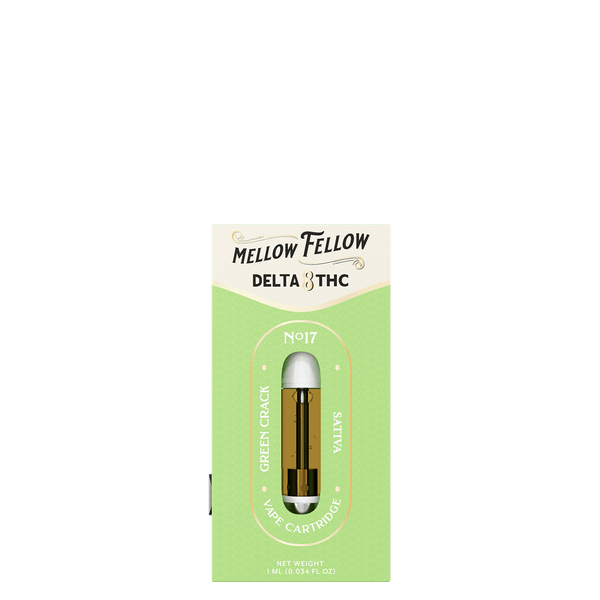
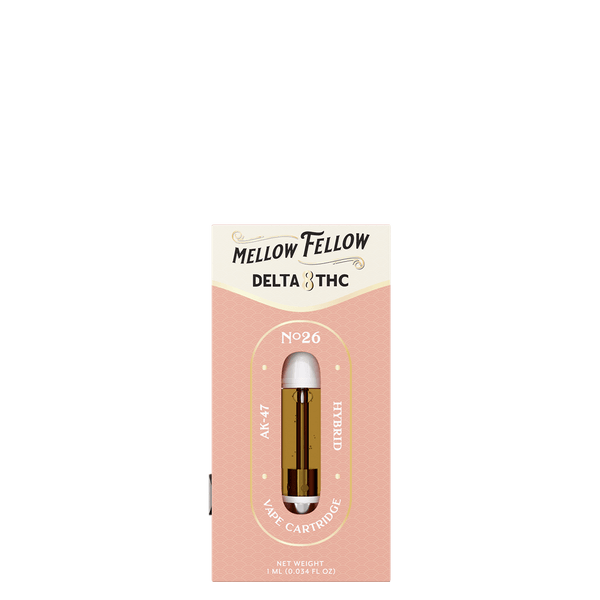
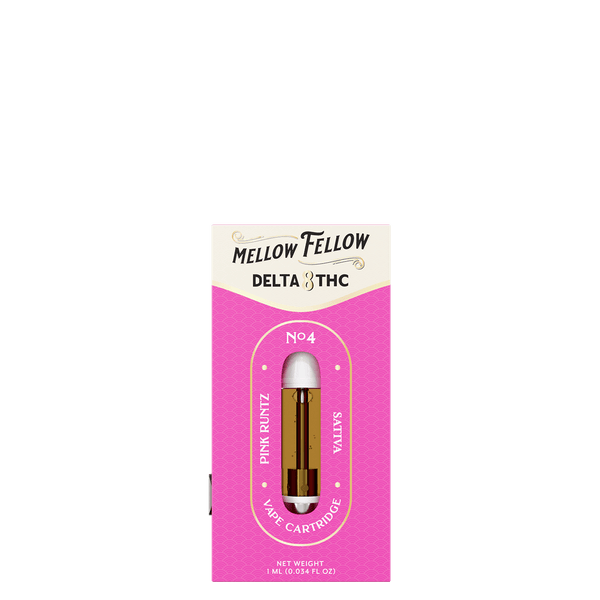
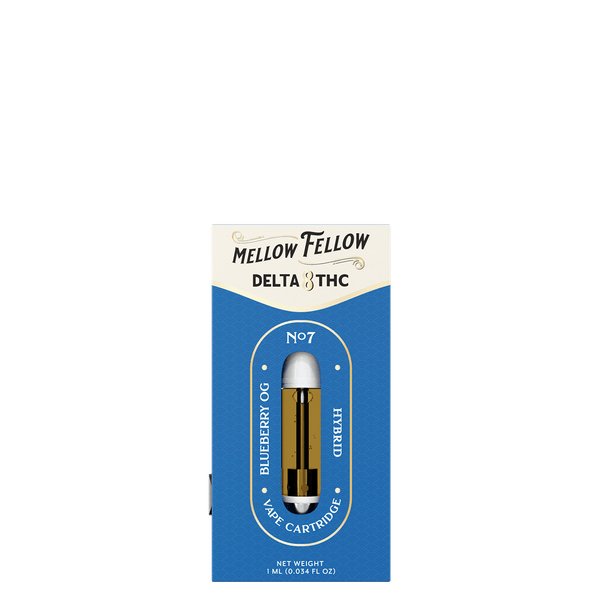
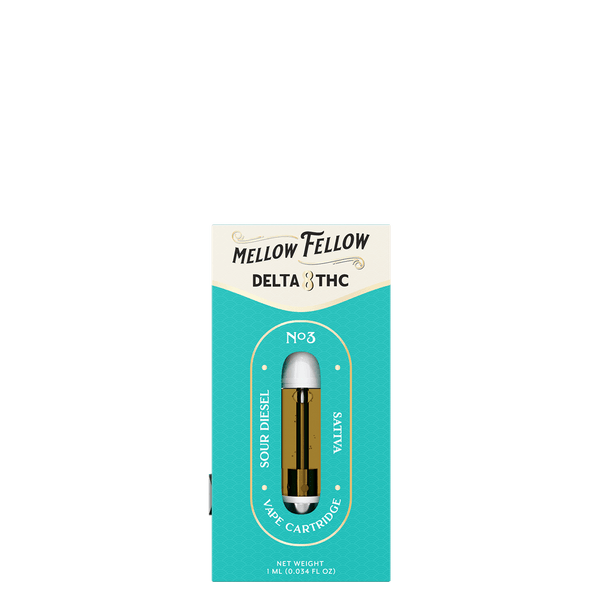
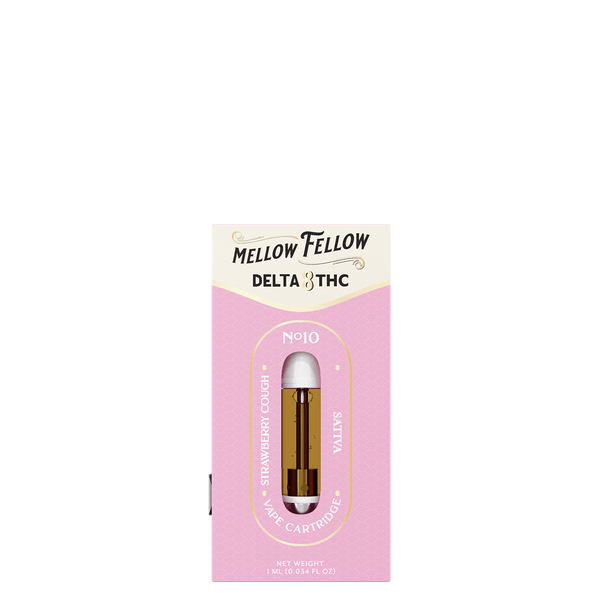


Leave a comment